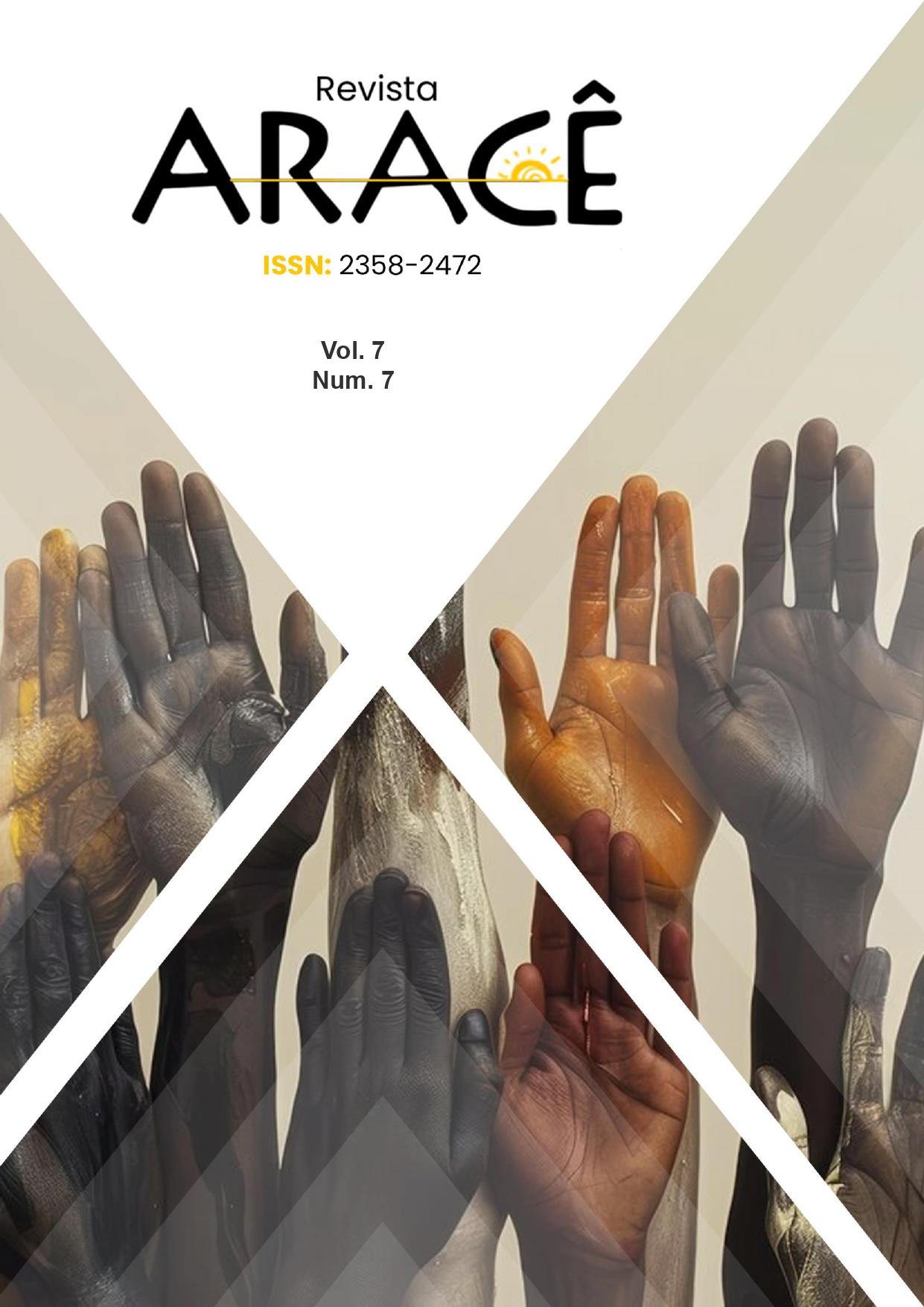CIDADANIA HISTÓRICA EM PERSPECTIVA FUZZY: UMA LEITURA TEÓRICA A PARTIR DE DADOS SECUNDÁRIOS
DOI:
https://doi.org/10.56238/arev7n7-025Palavras-chave:
Cidadania histórica, Lógica fuzzy, Teoria social crítica, Vulnerabilidade, Justiça socialResumo
A cidadania, enquanto conceito e prática, é um fenômeno historicamente construído e de natureza complexa, que demanda abordagens analíticas capazes de captar sua dimensão processual, graduada e mutável. Longe de ser um atributo fixo, ela resulta de disputas políticas, exclusões históricas e mediações institucionais que configuram diferentes formas e graus de pertencimento social. Partindo de uma perspectiva crítica e interdisciplinar, este artigo propõe uma leitura teórica da cidadania histórica por meio da lógica fuzzy, articulando fundamentos da teoria social com autores como T.H. Marshall, Jürgen Habermas, Hannah Arendt e Boaventura de Sousa Santos. O estudo argumenta que a lógica fuzzy oferece um instrumental teórico-metodológico capaz de representar fenômenos sociais contínuos e imprecisos, superando dicotomias rígidas como inclusão/exclusão ou presença/ausência de direitos. A análise baseia-se em dados secundários sobre acesso à justiça e vulnerabilidade social, e demonstra a utilidade da modelagem fuzzy na identificação de zonas intermediárias e situações de cidadania interrompida. Ao unir teoria crítica e inovação metodológica, a proposta contribui para interpretações mais refinadas, sensíveis e comprometidas com a realidade vivida dos sujeitos em contextos de desigualdade estrutural.





